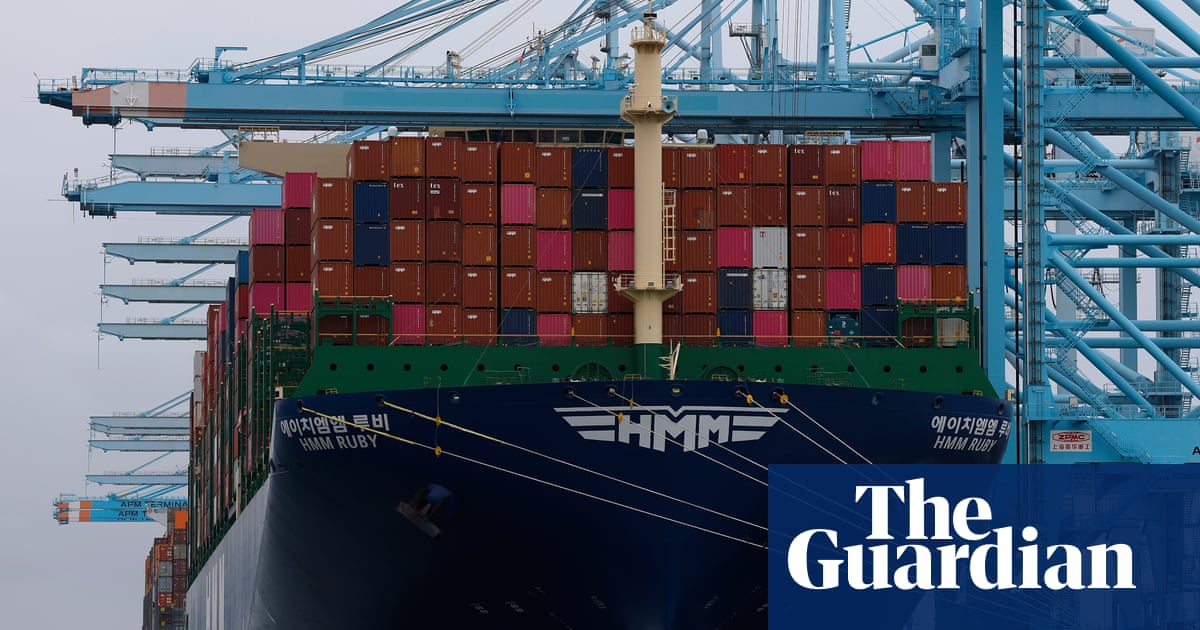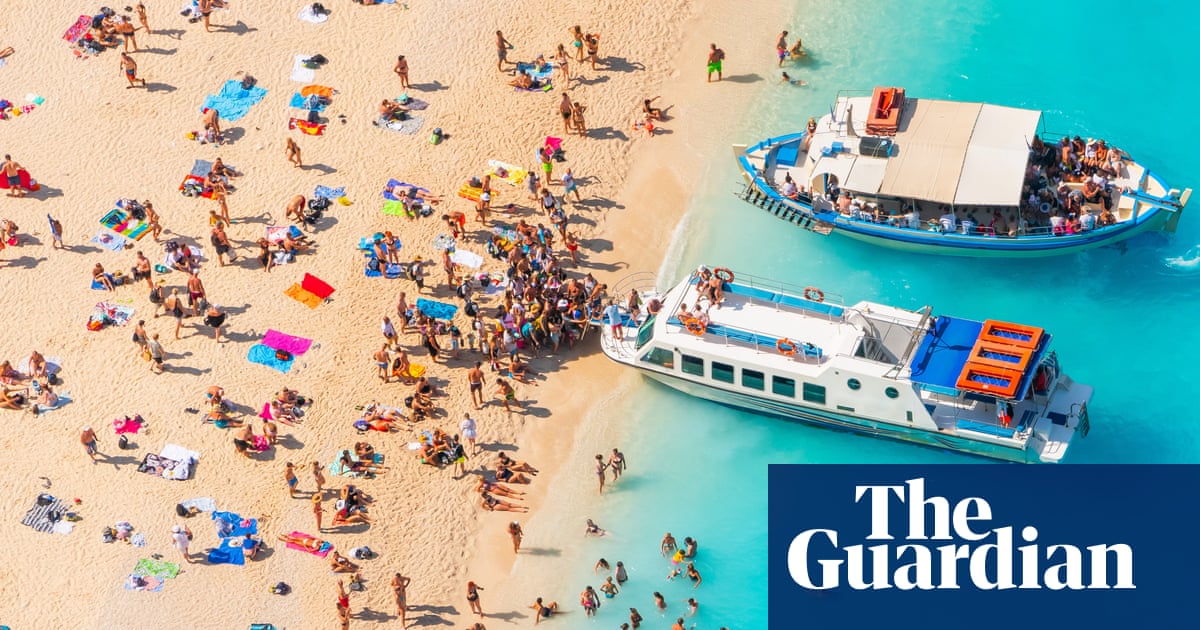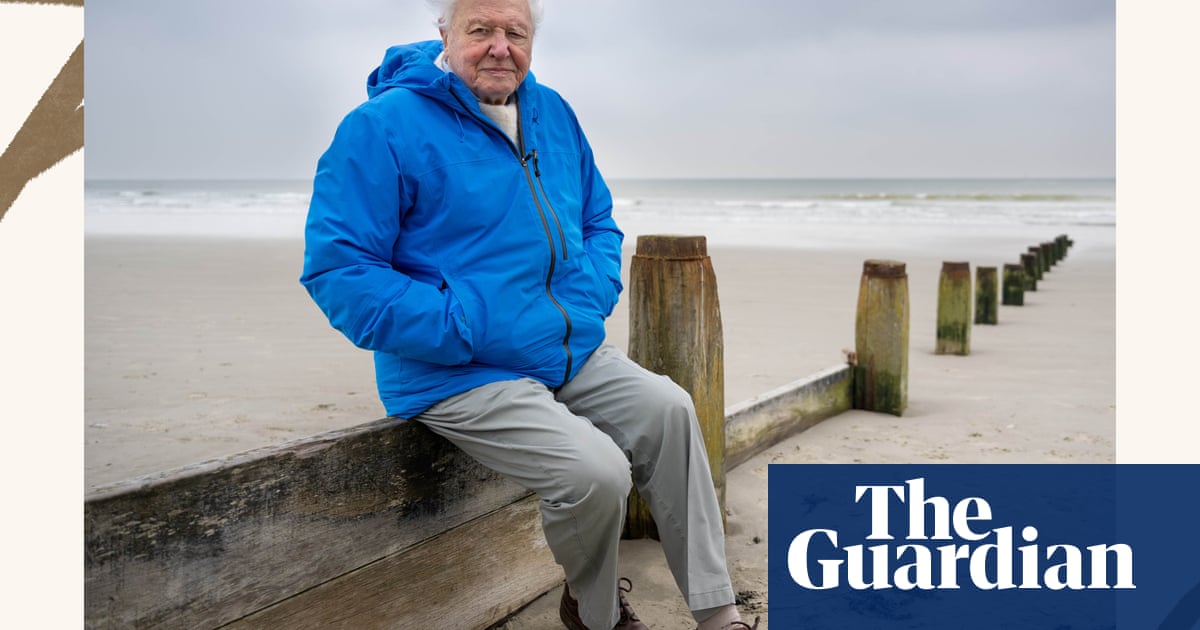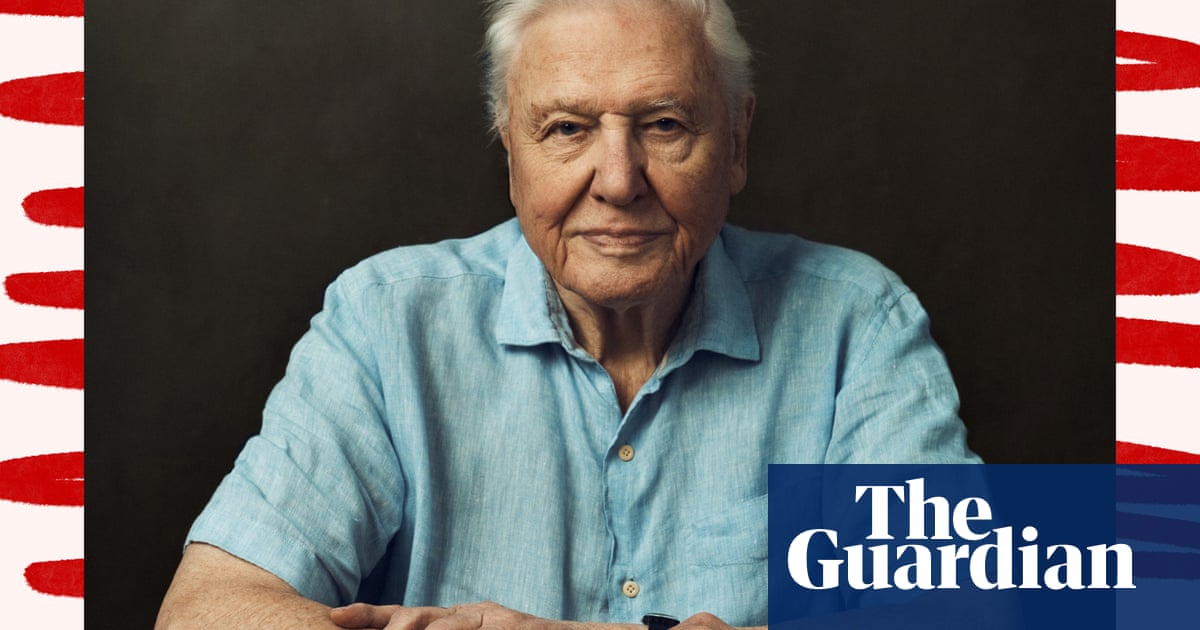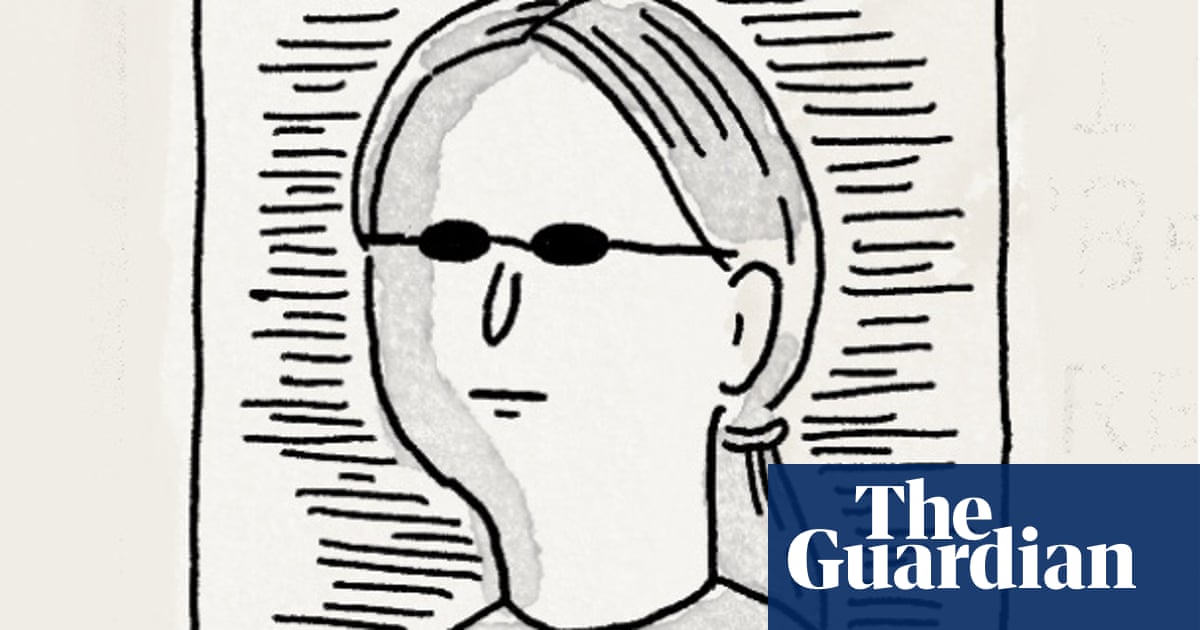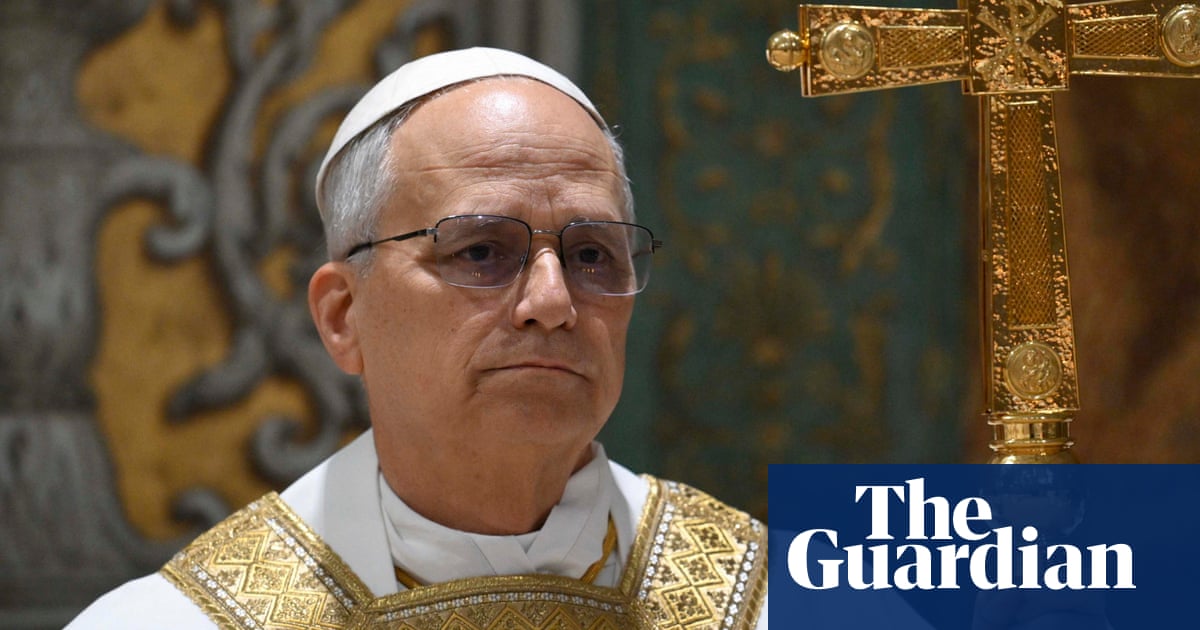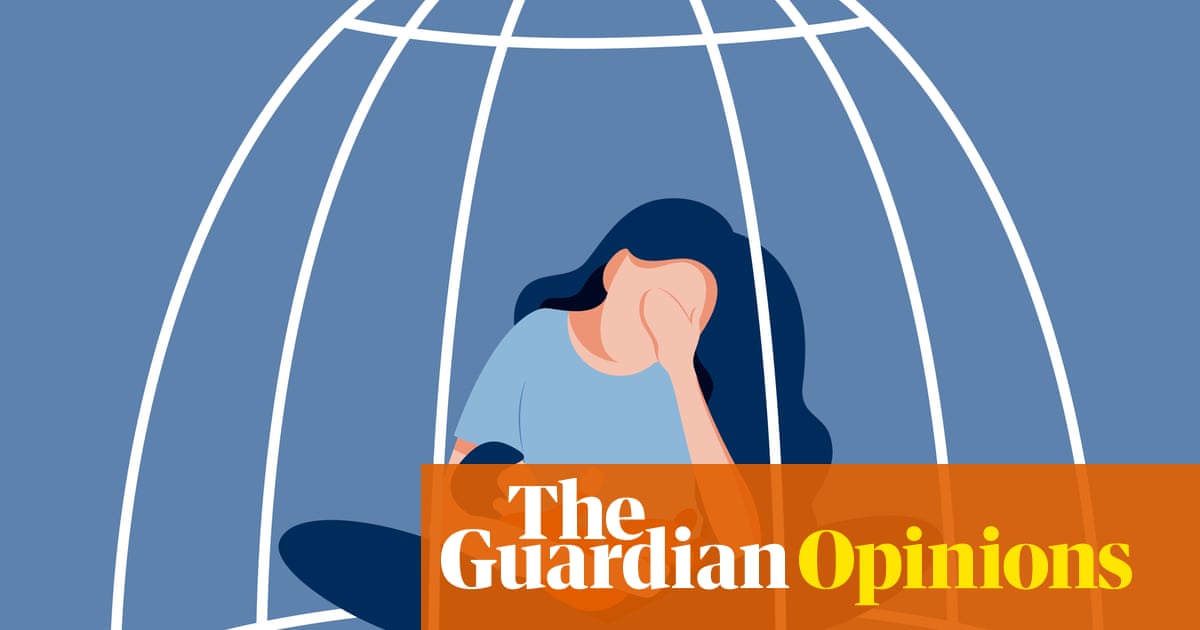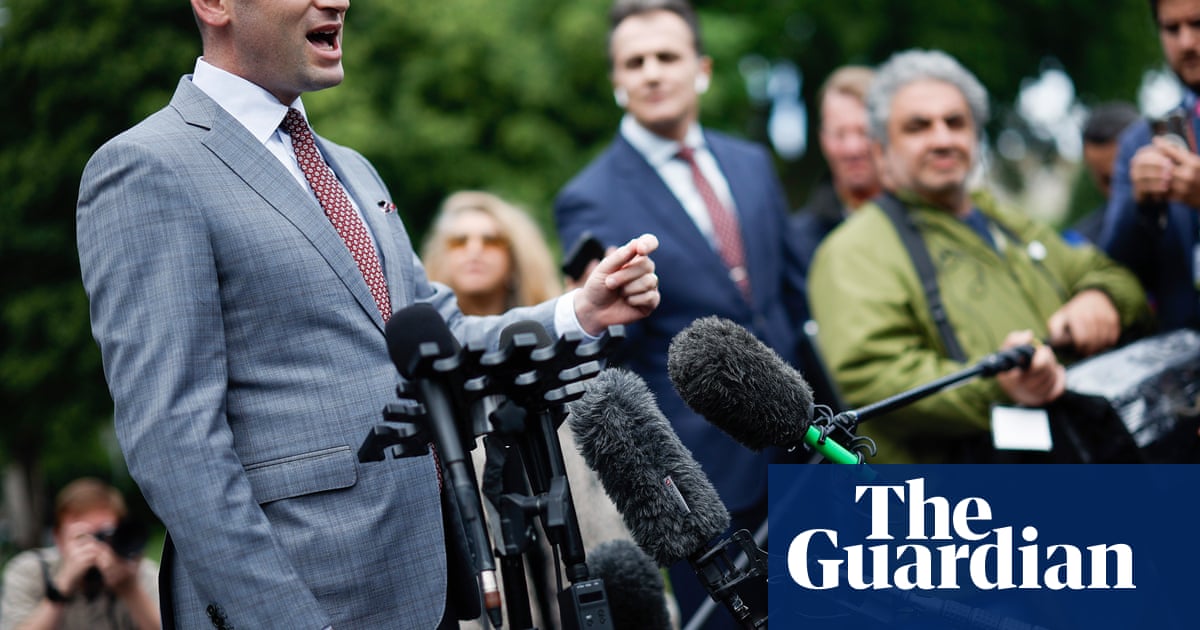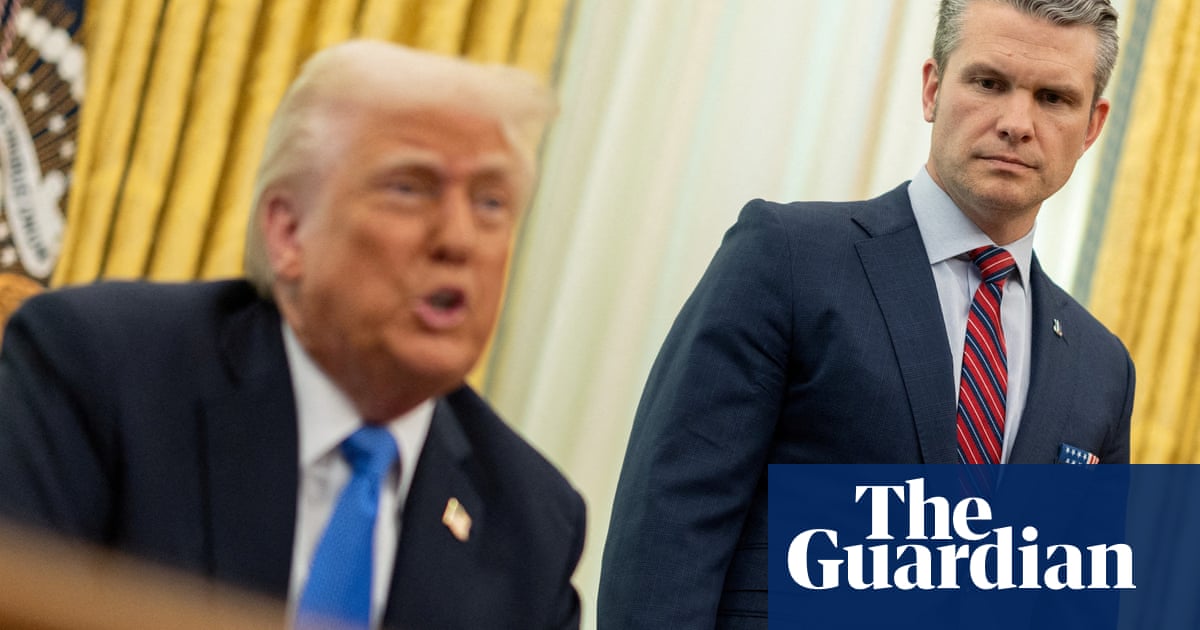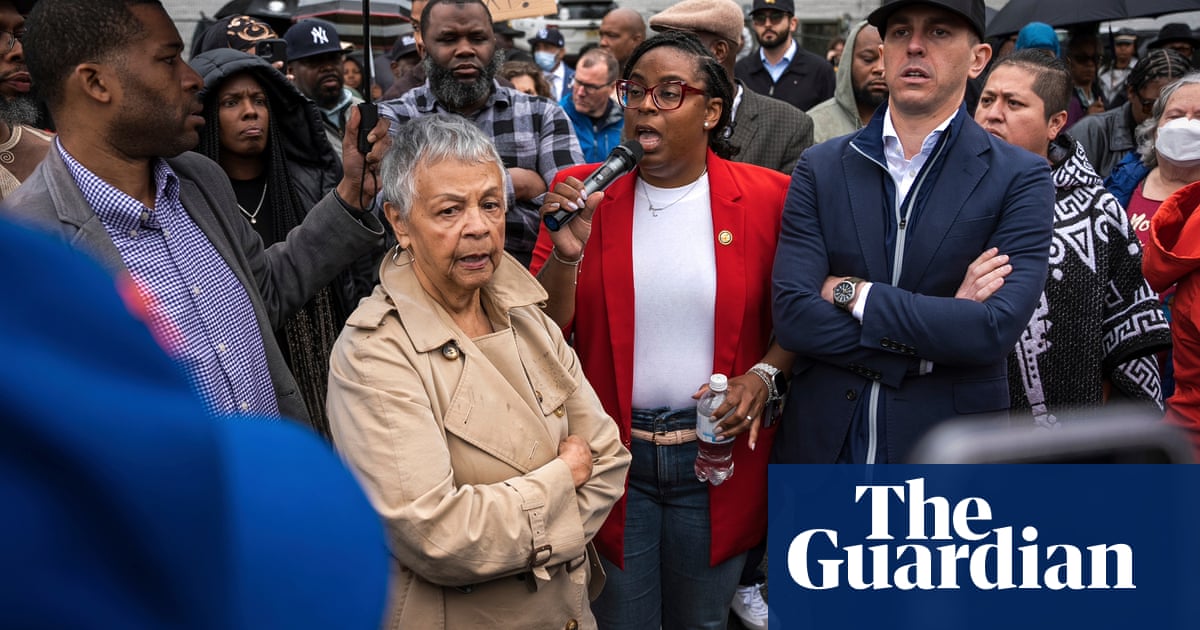The US secretary of state, Marco Rubio, has held talks in Panama with its president, José Raúl Mulino, as protesters marched in opposition to Donald Trump’s demand for ownership of the Panama canal to be returned to the US.
The US’s top diplomat told Mulino in the talks that the US president has determined China’s influence threatens the Panama canal and that immediate changes were needed or the US would act.
Since Trump began talking about “taking back” the Panama canal over a month ago, Panamanian officials have looked to Rubio to understand the nature of the president’s threats and the possible concessions they can make to firm up the relationship with the US.
In a summary of the meeting released by the US state department, Rubio told Mulino that Trump believed the current situation at the canal was “unacceptable and that absent immediate changes, it would require the United States to take measures necessary to protect its rights” under a US treaty with Panama.
Meanwhile, Mulino stressed that sovereignty over the canal is not up for debate, but he offered help repatriating some migrants traveling towards the US through the country from South America if the US paid for it. Mulino suggested a possible expansion of an existing agreement with the US from last July that could pave the way for direct deportations of non-Panamanian migrants who cross the Darien Gap jungle on Panama’s southern border with Colombia. Mulino noted an expanded deal could potentially allow for the deportation of migrants from Venezuela, Colombia and Ecuador. “We spoke extensively about the problem of migration, with the understanding that Panama is a transit point,” said Mulino, after his meeting.
Rubio is touring Central America and the Caribbean on his first foray in the post as he seeks to refocus US diplomacy on the western hemisphere – in part to recruit help in stemming migration toward the US southern border.
Even before Trump’s election, Mulino had signed agreements with the US aimed at controlling irregular migration via the Darién Gap through increased surveillance and the introduction of deportation flights. In the first three weeks of January, migration through the gap fell 94% compared with the same period in 2023.
A day after Trump announced he was imposing tariffs on Canada and Mexico, prompting retaliation from those countries, Rubio was perhaps taking a less confrontational and more diplomatic approach. He was pictured cordially greeting Panama’s foreign minister, though neither he nor Mulino spoke publicly at their meeting. Rubio is also scheduled to tour an energy facility and the canal during his visit.

About 200 people marched in Panama City, carrying Panamanian flags and shouting “Marco Rubio out of Panama”, “Long live national sovereignty” and “One territory, one flag” while the meeting was taking place. Some burned a banner with images of Trump and Rubio after being stopped short of the presidential palace by riot police.
“To the imperial messenger,” union leader Saul Mendez said of Rubio, “we reiterate that there is absolutely nothing here for Trump. Panama is a free and sovereign nation.”
Upon returning to office Trump threatened to take control of the Panama canal, built by the US in the early 20th century and handed over to Panama under a 1977 treaty, claiming the canal is being operated by China. The comments were followed by a public backlash, and Panama rebuked Trump’s threats.
China has said it plays no part in operating the canal and that it respects Panama’s sovereignty and independence over the waterway. The canal is operated by the Panama Canal Authority, an autonomous agency overseen by the Panamanian government.
Following Trump’s threats, Mulino ordered Panama’s comptroller general to audit the key ports at either end of the canal. Rubio, a longtime China hawk during his Senate career, said last week that China could use ports to shut down the canal, a vital route for US shipping, in the event of a conflict between Beijing and Washington.
Last week a Senate commerce committee audience accused Panama of mismanagement of the canal. In recent years drought has reduced the number of transits and auctions for limited spots have fetched figures of up to $4m. A solid Panamanian commitment to resolve this problem – the most likely solution is a dam of the Rio Indio, an environmentally and socially complex project – could appease Rubio’s concerns.
However, US administration of the canal or a significant reduction of its fees – which form an important part of the national budget – would be unacceptable to the Panamanian government and its people. Mulino has said the ownership of the canal was not on the table in the talks with Rubio.
Speaking to reporters on Friday, Trump said the audit concession was not enough and that Panama had “totally violated” the understanding when the US handed back the canal.
“They’ve already offered to do many things,” Trump said of Panama, “but we think it’s appropriate that we take it back.”

 3 months ago
44
3 months ago
44




